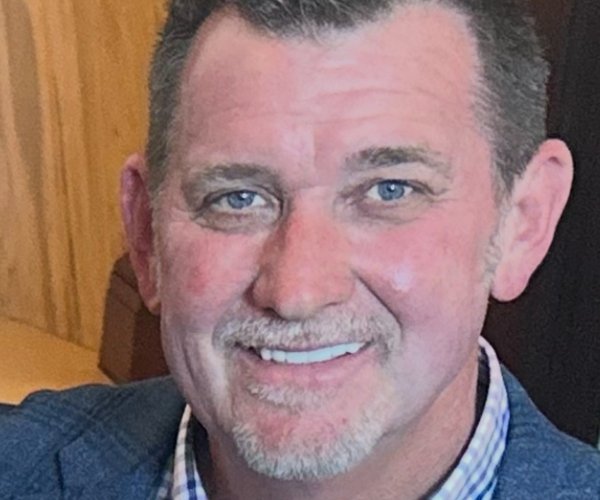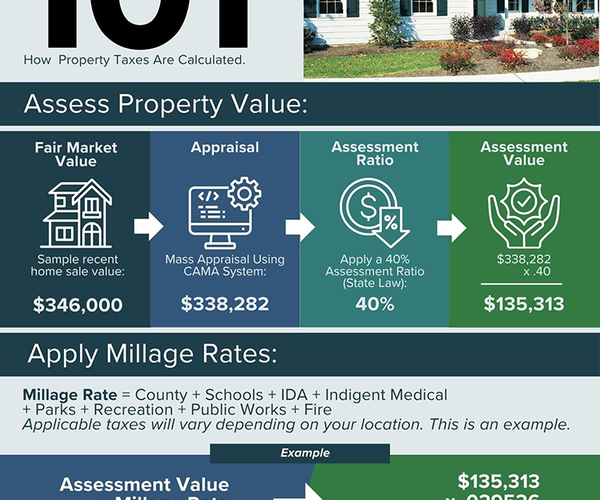The process on proposed health care reform likely is about to start from scratch, U.S. Rep. John Barrow said Saturday.
Barrow, the third-term Democrat from Savannah, spoke to a crowd of around 50 people at his Congress on the Corner session at Lovett’s Tradin’ Post — and he reiterated his stance against the massive health care overhaul and the Wall Street bailouts.
“What was shaping up before Massachusetts was a compromise between the House and Senate, something that hopefully would have been more scaled back than the House version,” Barrow said. “Now, it looks like all bets are off.”
Scott Brown, a Republican, defeated Democrat Martha Coakley to fill the unexpired term of the late Ted Kennedy’s U.S. Senate seat. Brown campaigned vehemently against the health care reform proposals passed by the U.S. House and Senate.
“There are some of us who are trying to make some sense out of this and some of us are trying to get this back to the middle and keep it there,” Barrow said. “I think we’re going to get a chance with the health care debate. The vote in Massachusetts has forced folks to hit the reset button.”
Barrow said the process that resulted in the House and Senate versions — not to mention the proposals themselves — is flawed.
“This is what happens when you build a big bill. You take things people can agree on and attach stuff to it that folks don’t agree on in order to try to jam it through,” he said. “That’s bad policy, bad politics, and that’s what we’ve had a lot of so far.”
What Barrow would like to see done is to have insurance companies treated more like public service utilities. He also wants to see those with pre-existing conditions be eligible for health coverage.
“There are people who are talking about that now who weren’t talking about it before,” he said. “All folks really want is incremental change to try to fill in the gaps, to fix what’s broken in the places where it’s not working right.”
While the American health care system is the best in the world, Barrow said, it doesn’t deliver services and coverage to everyone.
“I don’t think we need a comprehensive, sweeping overhaul of our system,” he said. “I think what we need is incremental change.”
Barrow, who serves on the Energy and Commerce Committee’s Health Subcommittee, voted against the House version, which wound up at 1,024 pages, three times — including his votes cast in committee and subcommittee. The bill was introduced in the powerful Ways and Means Committee one morning and approved by the committee that day,” he said
“Our policy was that we were not going to be rubber stamp anything,” he said of his committee.
No to TARP
and Cap and Trade
He also balked at the $700 billion Troubled Assets Relief Program, the Wall Street bailout. He voted against it all three times it came up for a vote.
“It’s not because we didn’t have a mess on our hands. It’s because I’m not in the habit of writing $700 billion blank checks,” he said. “The TARP was something we had absolutely no idea what we were getting out of it.
“The idea that we’ve got to stop letting businesses get too big to fail is an old, old idea whose time has finally come. That’s the reason for all the bailouts.”
Barrow also voiced his opposition to what has become known as cap and trade. He called the proposal unfair to Georgia, since the state doesn’t have the wind and solar capacity of other Western units and would be a net donor.
However, the state could make better use of the wind and solar power at its disposal, he said. Yet the energy bill that comes for Congress for renewal every few years contained the controversial climate change provisions.
“It won’t do what its proponents will say it will do,” Barrow said. “You want new sources of energy that is more abundant than what we’re using, cheaper than what we’re using and cleaner. But their theory goes all you got to do is increase the cost of energy that’s cheap, abundant and dirty.”
Reining in the budget
He also lambasted the federal spending that has now spanned two presidential administrations. Barrow invoked President Clinton and former Speaker of the House Newt Gingrich when talking about the financial shape the federal government was once in.
"I voted against the budget from this administration for the same reason I voted against the budget from the prior administration — because I am not willing to endorse the projected level of deficit spending that would be the result of approving this budget,” he said. “I do not support $500, $600, $700 billion operating deficits as the new norm. We went from four years of budget surplus to eight years of the biggest deficit spending we’ve ever had.”
Though analysts and politicians point to signs of economic recovery, Barrow said it will be a while before the jobs catch up with the economy. The national unemployment rate remains at 10 percent, and the state’s jobless rate is 10.3 percent.
“This isn’t the first jobless recovery,” he noted. “In fact, every recovery for the last 30 years has been more jobless than the one before it.”
It takes time, Barrow explained, for employers to figure out where to re-invest and how to retool after making the hard choices of reducing their workforces. The gross domestic product, according to the Commerce Department’s Bureau of Economic Analysis, grew at 2.2 percent in the third quarter.
“This one is probably going to be worse because the depth of this recession has been greater,” he said of the recovery. “You can take care of the GDP and not take care of the folks who need jobs. We need a recovery program that focuses on jobs.”
But those jobs, he said, need to come from the private sector and not from another federal stimulus.
“Rather than make work, we ought to give private enterprise the lead on this,” Barrow said. “The policy I think is the most effective is a job tax credit, letting employers who would have some skin in the game decide where the jobs go. If they believe enough in a job to put their money behind it, we ought to incentivize it and encourage that to create jobs that will stick around.”
The results of the Massachusetts special election last week also show a growing resentment toward partisanship, Barrow said.
“People are sleepwalking through this Congress, trying to put the interests of their team ahead of the interests of their district, trying to put the interests of their team ahead of the interests of the country,” he said. “A lot of folks are doing that on both sides of the aisle. Folks at home expect us to take care of business and work together on things. This should be a wake up call.”








